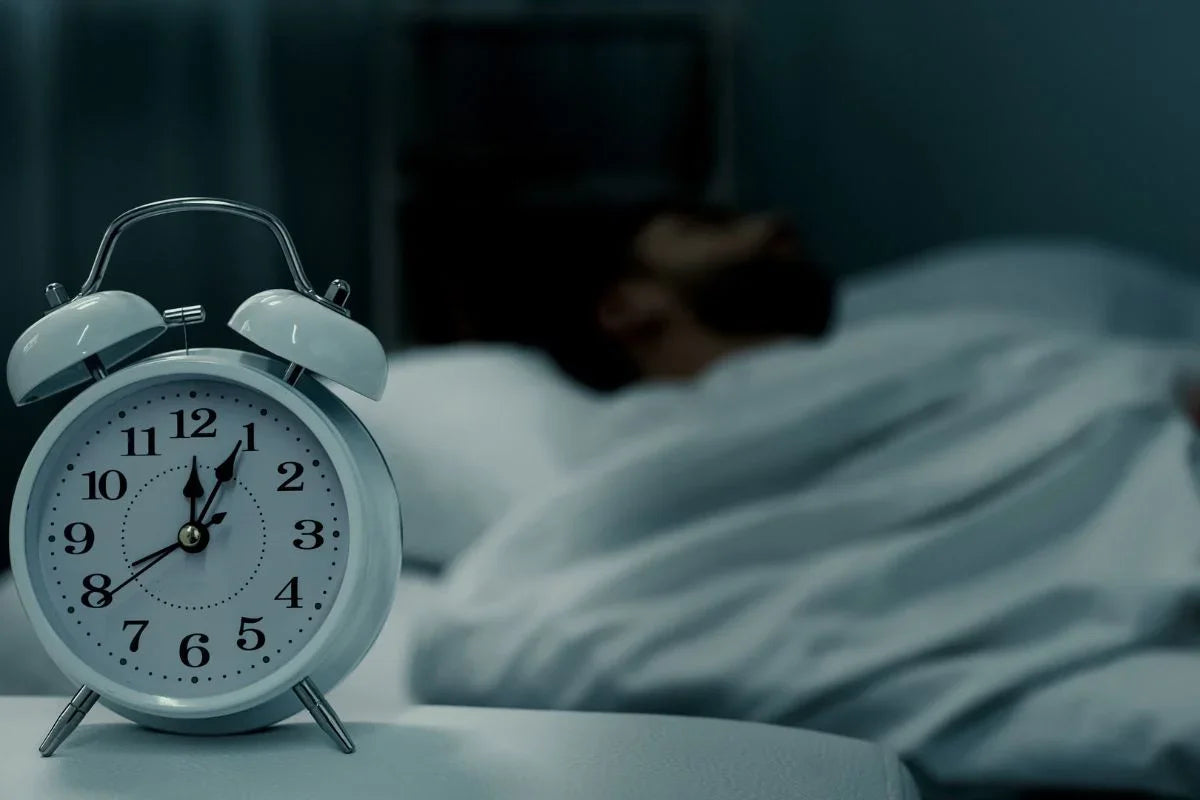
Easily and quickly assess your sleep
Sleep is everything! You can’t avoid it, and if you skimp on it, overall decline follows. On average you sleep a third of your life and spend about a total of 8 years dreaming.
Impact of sleep
This third strongly influences the other two thirds—the time you’re awake. Unfortunately, this is still widely underestimated. While the functions and mechanisms of sleep aren’t fully understood, it’s clear that sleep is essential.
Poor or insufficient sleep affects every aspect of life. Optimal sleep should therefore sit at the center of any program aimed at improvement or optimal health—think weight loss, elite sports, or targeted health optimization.
Quality of sleep
It’s often hard to assess your sleep quality and duration well—that is, objectively. There are various sleep apps and trackers; sleep studies in hospital or at home are options too. These solutions cost money and are sometimes impractical.
Fortunately, there’s a test you can do at home for free to gauge whether you’re sleeping enough and well. The sleep latency test, developed by the “father of sleep research” Nathaniel Kleitman, may sound odd, but it’s based on scientific data.
Do the sleep test!
Lie down in a quiet, dark room in the early afternoon (note: this test must be done during the day). Hold a spoon and let it hang over the bed’s edge. Place a metal tray or baking pan on the floor next to the bed. Check the time and close your eyes. The question: Do you fall asleep—and if so, how quickly after lying down?
If you nod off, the spoon slips from your hand and hits the metal tray—the clatter wakes you. Look at the clock immediately and note the elapsed time. Professor Kleitman’s three scores:
- Fall asleep within 5 minutes: serious sleep debt.
- Within 10 minutes: noticeable sleep debt.
- Only after 15 minutes: no sleep debt.
Falling asleep fast isn’t better
Falling asleep very quickly almost always correlates with self-reported daytime fatigue. Studies show that people with extreme sleep loss often fall asleep within one minute. Nodding off instantly at night also indicates sleep deprivation. If you’re out the moment your head hits the pillow, you’re not sleeping enough.
If you prefer a more modern, easier version of the test, simply set a 15-minute timer. If you fall asleep before it rings, you’re not getting enough sleep. The degree of sleep loss may be unclear—but the remedy is the same!


